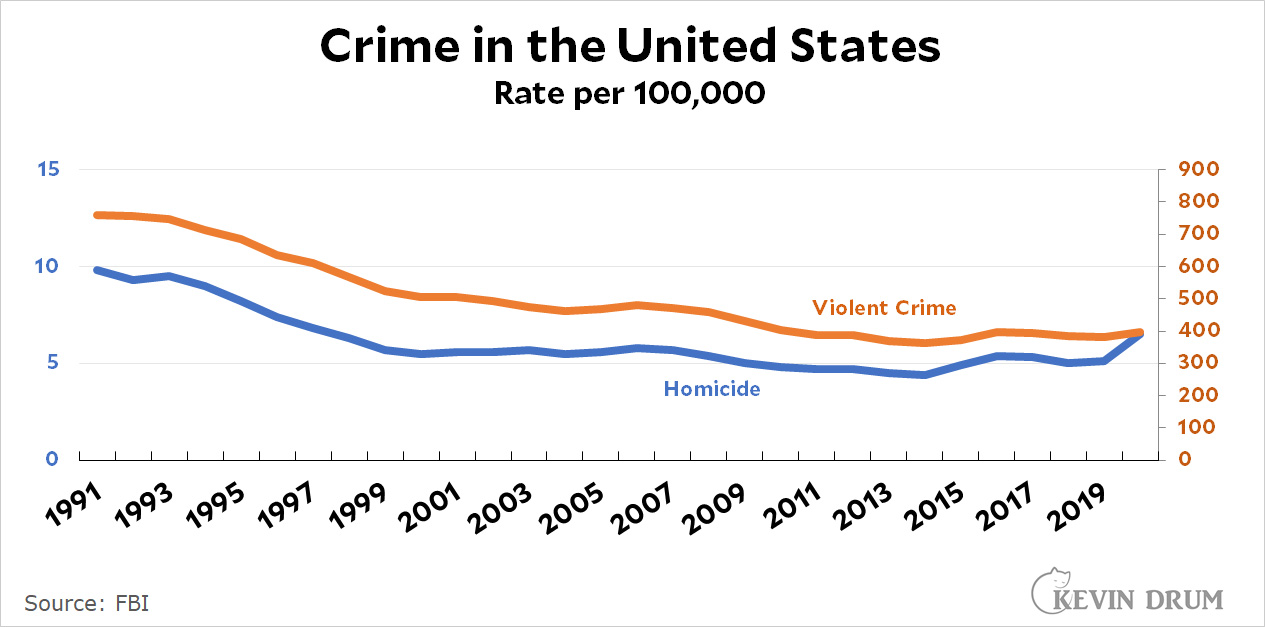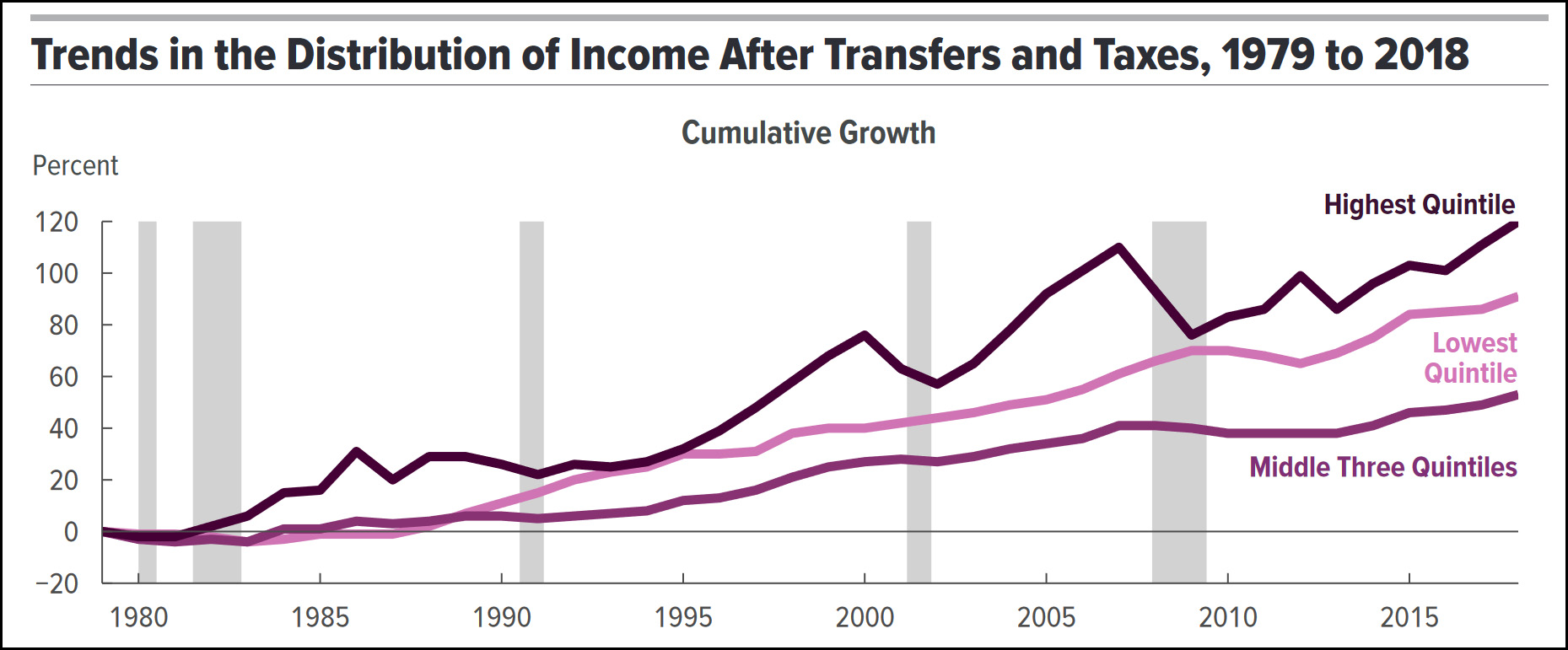Max Boot tries to defend President Biden's border policy in the Washington Post today. Here's a long excerpt:
This is not Trump redux. The previous president carried out inhumane policies such as separating children from their parents, in part, because he wanted to deter more arrivals — but also because, as Adam Serwer of the Atlantic has argued, “the cruelty is the point.” Being beastly to helpless migrants helped to burnish Donald Trump’s brand with his rabidly nativist base.
Biden, by contrast, expressed horror at the way the Border Patrol treated the Haitians. The Department of Homeland Security is investigating what happened. If abuses occurred, they were contrary to the president’s intent — not in compliance with it as under Trump. That’s a big difference.
Biden is being excoriated for returning some of the migrants back to Haiti, which can’t cope with them. But, while 2,000 people have been sent to Haiti, 12,400 people from the Del Rio camp will be able to request asylum status — which usually means they can stay in the United States while their cases are adjudicated. You would never know from all the criticism that far more migrants are being allowed to remain here than are being sent home.
Biden hasn’t yet ended Trump’s pandemic policy of automatically expelling many of the migrants apprehended along the southern border — a senior administration official tells me that was on the verge of happening before the delta variant of the coronavirus hit in July — but he has considerably relaxed it. In July 2020, 92 percent of migrant encounters resulted in expulsion; by July 2021, it was down to 47 percent. Biden has already ended other inhumane Trump policies such as the “Muslim ban” and family separations. Biden just announced that the refugee cap in the next fiscal year will be eight times higher than the one Trump announced in October 2020. Biden has also reduced “inland” deportations by Immigration and Customs Enforcement (ICE) agents far below the level not only under Trump but also under President Barack Obama.
In short, Biden is doing a lot more to make immigration policy humane than progressives who sloganeer about abolishing ICE have ever done. But he gets no credit.
Over the past few years immigration has become much like abortion: there's almost no middle ground. On one side you have the Trumpies and their wall, settling for nothing less than bringing illegal immigration down to zero. On the progressive side, the 2020 primary debates made it clear that most of the candidates favored policies so loose that they were effectively advocating open borders.
But it's worth noting that Biden was very explicitly opposed to the loose border policies that most Democratic candidates favored. He made that very clear. His immigration policies are far more humane than Trump's, but he's still committed to protecting the border.
I doubt that an investigation will show that CBP officers did anything wrong in their treatment of Haitian immigrants. It made a big impact thanks to a single picture that gave a seriously mistaken impression, but video suggests there was nothing very unusual about the situation. Mounted patrol officers are common; there were no whips; there was no roundup; and the general tenor of the operation was fairly low key. You might still object to it, of course, but it doesn't appear to have been intentionally cruel or harsh.
There's no great solution to our current border problem, which has been caused by immigrants seeking asylum. Conservatives are unhappy about large numbers of immigrants being allowed to stay, but the law provides little choice about that. Liberals, by contrast, are unhappy that asylum seekers are being held at all. The only real answer is to speed up the asylum process, and that requires a huge increase in the judicial infrastructure that governs the border. That's the work of years, not months.
I don't have any brilliant solutions to offer. I don't think anyone does. Until and unless Congress and the president do something about the entire asylum process, this is going to remain a mess.





